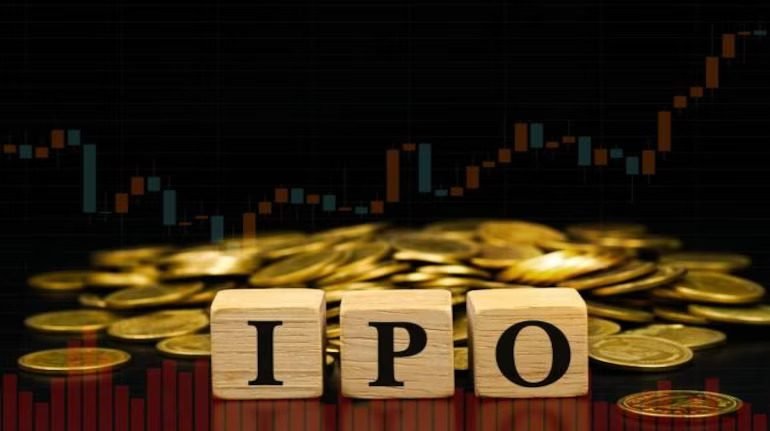BENGALURU: In an effort to complete the sale despite falling tech valuations, Oyo Hotels is decreasing the number of shares it plans to offer via a public market debut by around two-thirds.
Two people familiar with the situation who requested not to be identified because they were discussing internal concerns claimed that the once-high-flying company is getting ready to file a new initial public offering document as soon as this week. According to one of the persons, Oyo would describe intentions in the application to sell only a third of the new shares it had initially anticipated, reducing the amount of additional capital it is anticipated to earn.
The business plan demonstrates how founder Ritesh Agarwal, 29, is attempting to force through an IPO even with less favourable terms in order to relieve the financial strains on both the hotel and accommodation booking company and himself. The travel industry has recovered from the pandemic-era low, but Oyo, once estimated at $10 billion as India’s Airbnb, is still experiencing growing losses. While this was going on, Agarwal borrowed billions of dollars to increase his stake in the company.
Agarwal or Oyo may yet adjust their aims as the situation is still a moving target. The SoftBank Group Corp.-backed business is making a second effort at an IPO after an initial attempt in late 2021 was unsuccessful due to various warning signs highlighted by India’s stock market regulator. Since then, technology company valuations have decreased as a result of customers having less disposable income due to rapid inflation and rising interest rates, which sparked fears of a possible recession.
According to the sources, Oyo’s current investors won’t be selling any shares. Around half of the startup, originally known as Oravel Stays Ltd and backed by Airbnb Inc., is owned by SoftBank.
Emails, SMS, and phone calls to Oyo seeking comment did not immediately receive a response.
Early in 2022, the business amended its IPO paperwork with a valuation objective of roughly $9 billion, however SoftBank later that year lowered its forecast for Oyo to $2.7 billion. Nearer to the listing, a book-building process will determine the IPO valuation, which is expected to be significantly different from the company’s original plans.
According to one of the persons, Agarwal, his holding firm RA Hospitality Holdings, and SoftBank Vision Fund continue to be the company’s three promoters with no changes from its 2021 prospectus. With the support of SoftBank founder Masayoshi Son, Agarwal took on a $2 billion personal debt from Japanese lenders in 2019, increasing his ownership to 33% at a $10 billion valuation.
According to one of the persons, this puts pressure on the SoftBank-dominated board of Agarwal and Oyo to push through an IPO despite the unfavourable climate for tech IPOs and the high-profile failures of Indian firms over the past 18 months. It would be a way to demonstrate to the Japanese financiers the founder’s and his startup’s continued billion-dollar value.
Son made a special trip from his base in Tokyo to Delhi this month to attend Agarwal’s wedding with a slew of SoftBank executives.
Although Agarwal is not obligated by law to provide information about his personal debts in the IPO draught prospectus, he has been cautioned that regulators may nevertheless consider that to be a risk to investors and may thus permanently postpone or reject the IPO on other technical grounds.
Since the pandemic severely damaged the travel and hospitality sectors, Oyo’s business has begun to show signs of recovery. The firm has changed its image to become a technology company, abandoning the asset-heavy, capital-intensive model that resulted in billions of dollars in losses, damaged relationships with hotel owners, and resulted in legal disputes.
2013 saw Agarwal launch Oyo after quitting college. When he was 21 years old, SoftBank’s Son gave him financial support. From that point on, the Japanese billionaire mentored the founder and eventually gave him personal guarantees for his enormous debt.
Source: TOI



